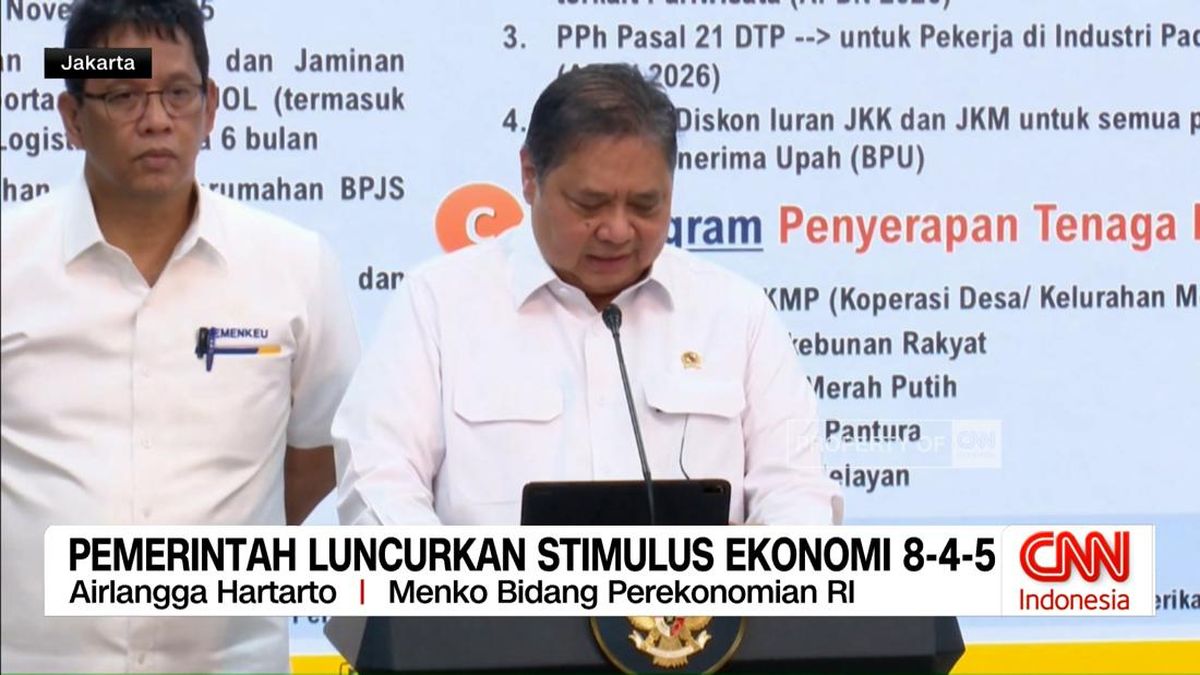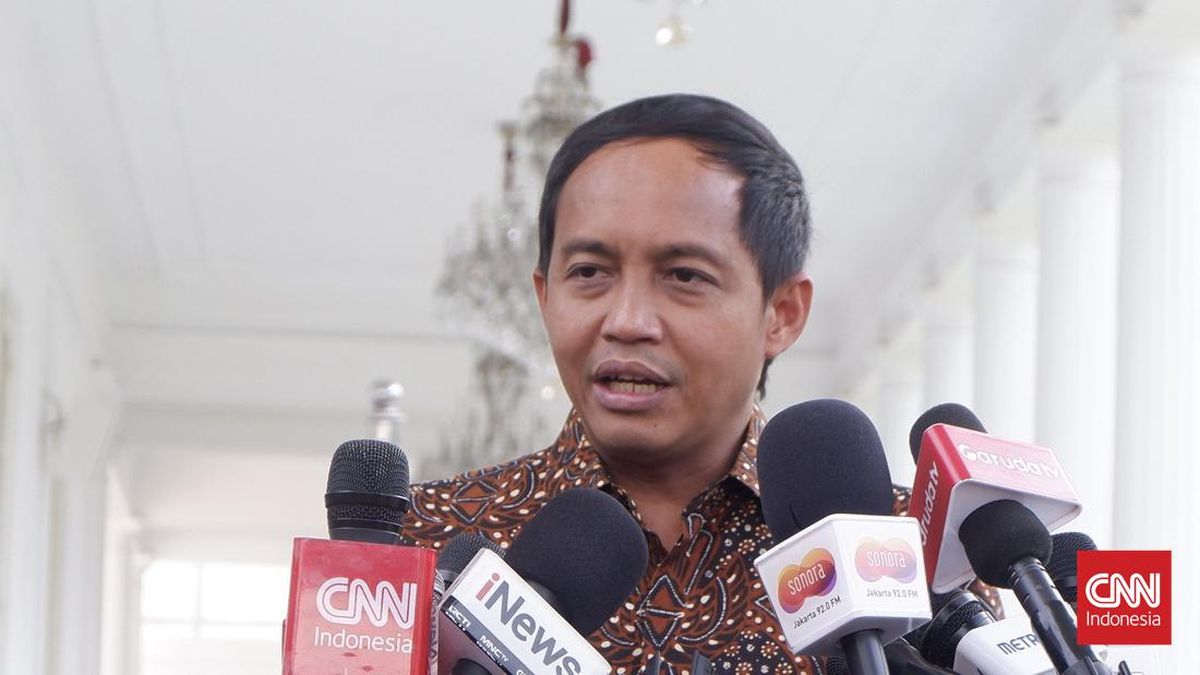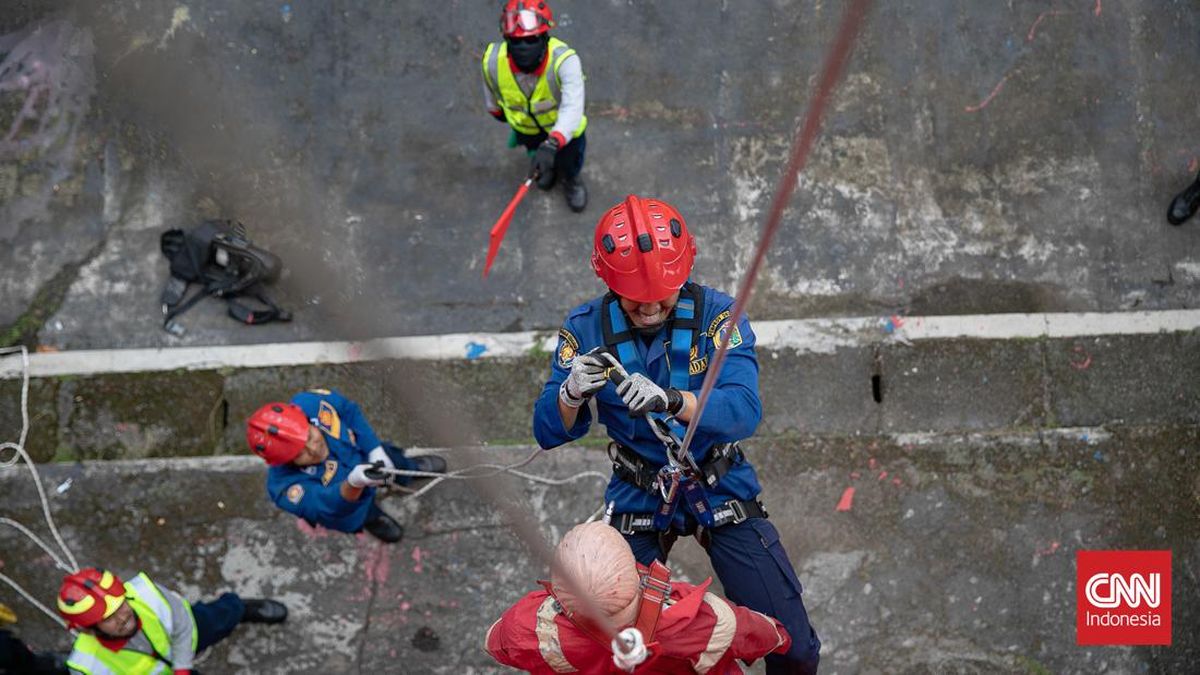Government debt collectors will be forced to consider the risks of suicide when issuing fines after landmark legislation passed through NSW parliament.
The government’s suicide prevention bill will direct all government agencies and departments to create an “action plan” to address potential suicide risks in their day-to-day operations.

NSW Minister for Mental Health Rose Jackson. Credit: Dominic Lorrimer
For Revenue NSW, that could include restricting debt notices from going out on public holidays or weekends when recipients could not access support, or including support information with notices, Mental Health Minister Rose Jackson said.
“We know that for a lot of people who experience suicidality, it’s not necessarily the obvious, diagnosed mental illness or conditions that are driving that. It’s things like relationship breakdown, financial distress, loneliness, isolation, those kinds of things, and so touch points across government services are actually really important,” Jackson said.
“I think robo-debt is a great example; it just seems like a bureaucratic government process. You’d never associate that with suicidality, but for people who are in distress that is something that can be very challenging for them.”
Loading
Transport for NSW may include increasing physical barriers at train stations and training staff to spot the warning signs of individuals who may come to stations with the intention of taking their own life, Jackson said.
The plans will be implemented by 2027 and overseen by two new advisory panels: a NSW Suicide Prevention Council and a NSW Aboriginal Suicide Prevention Council.
A discussion paper produced as part of the consultation process warned the legislation could become a “box-tick exercise” with a large “administrative burden” on agencies.
Jackson said departments and agencies will need to present the plans to the councils to ensure the strategies have “substance”.
“To be honest, we’re kind of going down the name and shame approach … there will be reporting publicly on, did people do the things that they said that they were going to do,” Jackson said.
Similar laws are already in place in South Australia and overseas in Japan, where suicide rates fell by more than 35 per cent between 2006 and 2022 after the introduction of their strategy.

Renee Gartner, ex-boxer and podcaster, backed the bill. Credit: Steven Siewert
Last year, 954 suspected or confirmed suicides were recorded in NSW. Between January and June this year, 464 people took their own lives; 61 of those were under the age of 24.
Suicide is the leading cause of death for people between ages 15 and 24, according to Suicide Prevention Australia.
Loading
Renee Gartner came close to becoming among those heartbreaking statistics six years ago. The former boxer and media personality was in her mid-30s when her suicidal ideation became so strong that she was hospitalised.
Gartner describes that period of depression as “the closest to insanity I’ve ever gotten” when “all I could feel was pain”.
“You get this perception that tomorrow feels too heavy, and that you can’t carry it, and you feel like there’s more strength in silence. But being silent is probably what cost me everything, to be able to look back at it now,” she said.
Gartner supported the legislation and said that any way to incorporate mental health support at all levels of interaction with government, especially police, would improve outcomes for people experiencing suicidal ideation.
If you or anyone you know needs support, call Lifeline on 131 114 or Beyond Blue on 1300 224 636.
Start the day with a summary of the day’s most important and interesting stories, analysis and insights. Sign up for our Morning Edition newsletter.
Most Viewed in Politics
Loading


















































